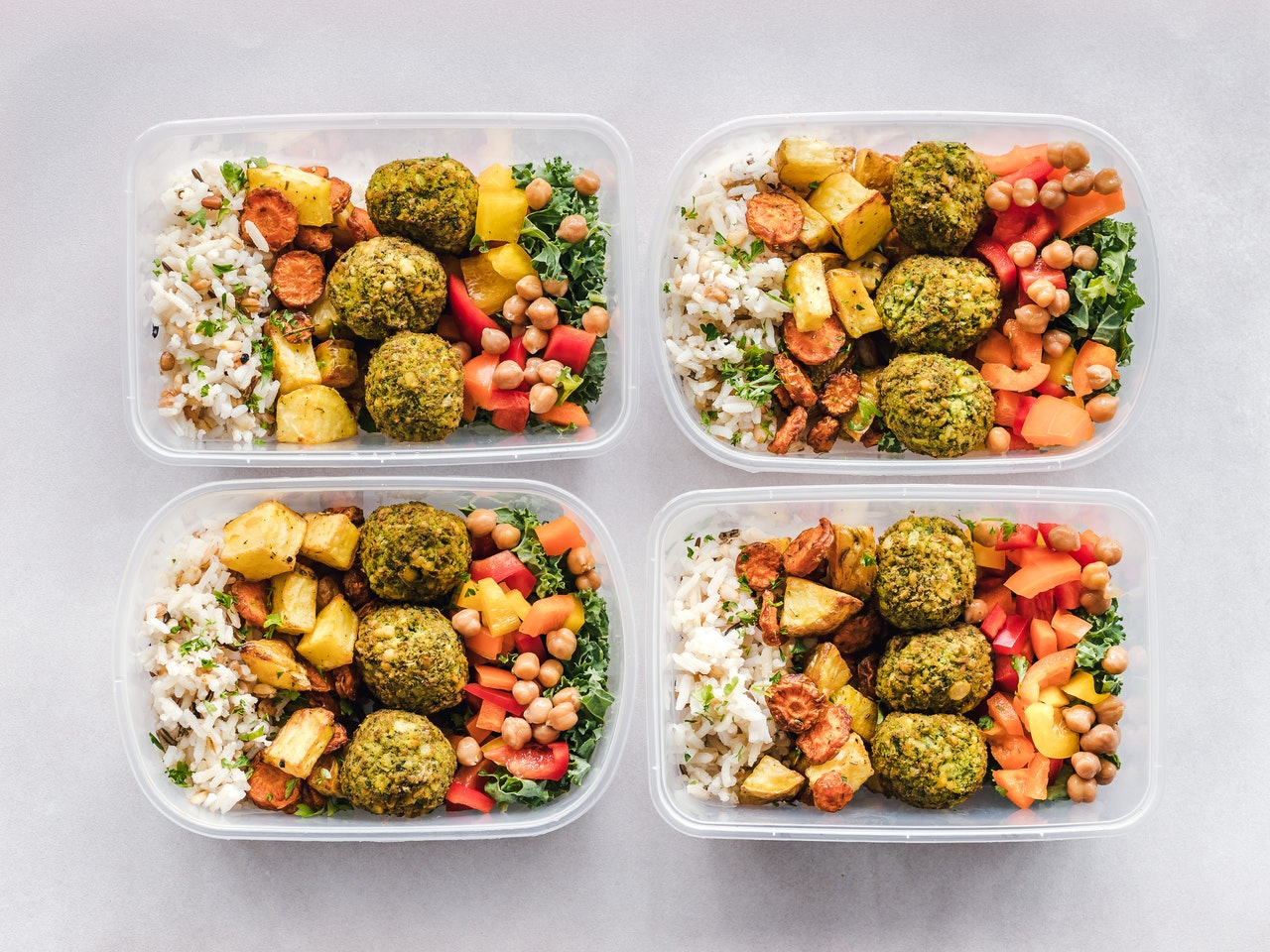Creating and sticking to a meal plan can be difficult in our busy lives, but that doesn’t mean it has to be! Meal planning is by no means an insurmountable task, and with some preparation and organization, you’ll be a pro at no time. Here are some tips for creating a foolproof meal plan each week.
Have an organizational method.
There’s no shortage of adorable and comprehensive meal planners out there, but if you’d rather stick to what you have available already, then all you need to get started is a calendar or notebook. Whichever of these two methods works best for you, you have flexibility in terms of whether you use a physical or digital planning strategy for your meals. All you need is to determine what recipes you’ll be making each week and when, and what ingredients you’ll need for them. Once you have your meals decided you can check your pantry for what you have and don’t, and make a single grocery list to consult before the week begins. The Kitchn explains that it’s important to have variety in your planning and allow yourself some room to have fun and eat foods that aren’t just healthy, but tasty– as well as the occasional takeout meal, too.
Evaluate your cooking time.
Once you’ve decided the best method for planning your meals, it’s time to think about…well, time. Odds are, not every weeknight is the same, and taking into account how much time you have available to devote to cooking each night is important. If you have a wealth of time on Monday nights but are booked pretty late on Tuesdays, Monday might be your perfect night to cook a more elaborate meal you can store leftovers for on Tuesday, or maybe lunches throughout the week depending on how well your dish does in the fridge. This is another important factor to consider: How long will your individual ingredients last, and will you use them in time– and once you’ve made your meal, how well will leftovers store if you need them?
Strategize your leftovers.
As mentioned earlier, leftovers can be your best friend when it comes to efficient meal planning. We’ve all had a dinner so delicious that we’re excited to have the leftovers for lunch the next day. There are benefits and drawbacks to cooking extra servings, of course; there’s the initial added cost of cooking a larger batch and the question of storing food, but it might save you time and money in the long run to make more than one meal’s worth. Consider what reheats well, and even what freezes well if you anticipate needing a quick dinner down the road.
Get creative!
If you don’t consider yourself a cook, here’s some good news: anybody can cook. It’s true! Whether you’re totally a newbie to the kitchen or have had less than stellar attempts at being a home chef in the past, don’t be intimidated by meal planning. As with anything, there will be trial and error, and the best way to tackle what might be an unfamiliar experience is to jump right in and try new, exciting things. Don’t avoid making your old childhood favorites sometimes, be it your mom’s famous grilled cheese or your favorite sick day soup– but don’t be afraid to chart new territory for yourself and cook something you’ve never had, let alone made, before. The payoffs for being adventurous might surprise you!


